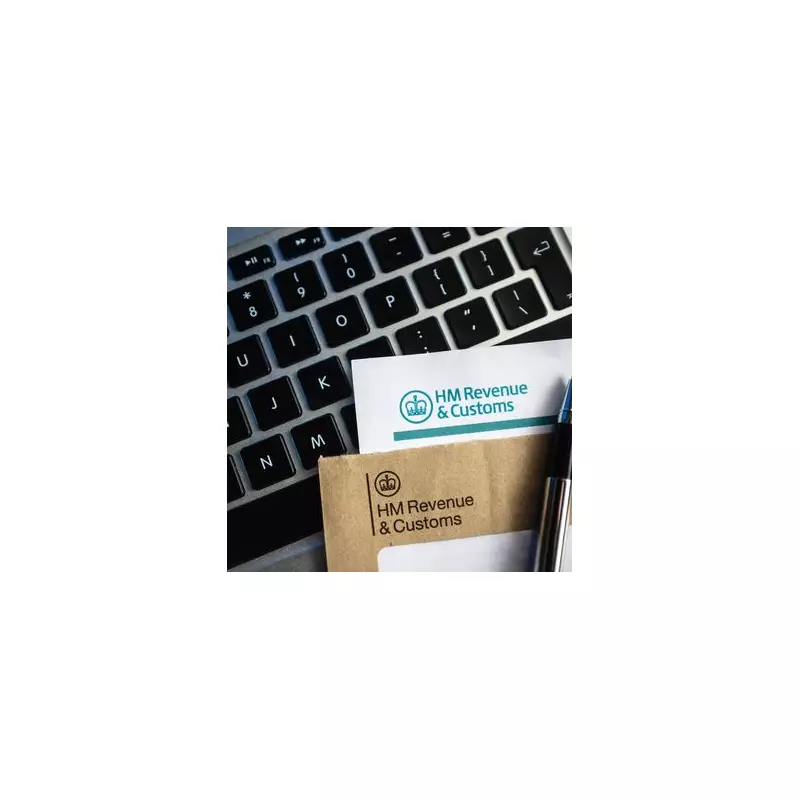
HM Revenue and Customs (HMRC) has issued a stark warning to nearly 5.7 million people across the UK: file your Self Assessment tax return by the deadline or face penalties that could reach £900. The final date for submitting returns for the 2022-2023 tax year and settling any owed tax is 31 January 2026.
The Festive Filing Rush and Mounting Penalties
Despite the holiday season, thousands of taxpayers were busy meeting their obligations. HMRC revealed that over 4,600 customers filed their returns on Christmas Day itself, with a total of 37,435 submissions made between Christmas Eve and Boxing Day. This festive filing trend highlights the pressure many feel as the January cut-off approaches.
Myrtle Lloyd, HMRC’s Chief Customer Officer, advised against last-minute delays. “Millions of customers have already completed their tax returns and can start 2026 with one less thing to worry about,” she said. “For anyone yet to file, don’t leave it until the last minute. Filing now means you know exactly what you owe and have time to arrange payment.”
Understanding the Late Filing and Payment Fines
The penalty structure for missing the deadline is severe and escalates rapidly. If you send your tax return late, you will incur:
- An immediate £100 penalty.
- After three months, additional daily penalties of £10 per day, up to a maximum of £900.
- After six months, a further penalty of 5% of the tax due or £300, whichever is greater.
- After twelve months, another 5% or £300 charge, whichever is greater.
Separate penalties apply for late tax payments. You will be charged 5% of the unpaid tax at 30 days, six months, and twelve months after the payment deadline.
New Rules and Where to Find Help
A significant change this year involves the High Income Child Benefit Charge (HICBC). A new digital service means thousands of Child Benefit claimants who are only in Self Assessment to pay this charge can now opt out. They can choose to pay it back through their PAYE tax code instead, simplifying the process for eligible individuals.
HMRC directs people to use its official app and GOV.UK website for filing and payment. The site offers a wealth of support, including YouTube tutorials, webinars, and step-by-step guides. For a list of all payment methods, customers should search ‘Pay your Self Assessment tax bill’ on GOV.UK.
Officials also issued a crucial reminder about scams, urging the public to never share HMRC login details and to consult official GOV.UK pages for advice on spotting fraudulent communications.
Finally, HMRC confirmed that the 2025 Winter Fuel Payment, or the Pension Age Winter Heating payment in Scotland, does not need to be included on the 2024-2025 tax return. These payments will be accounted for in the following year's return.





